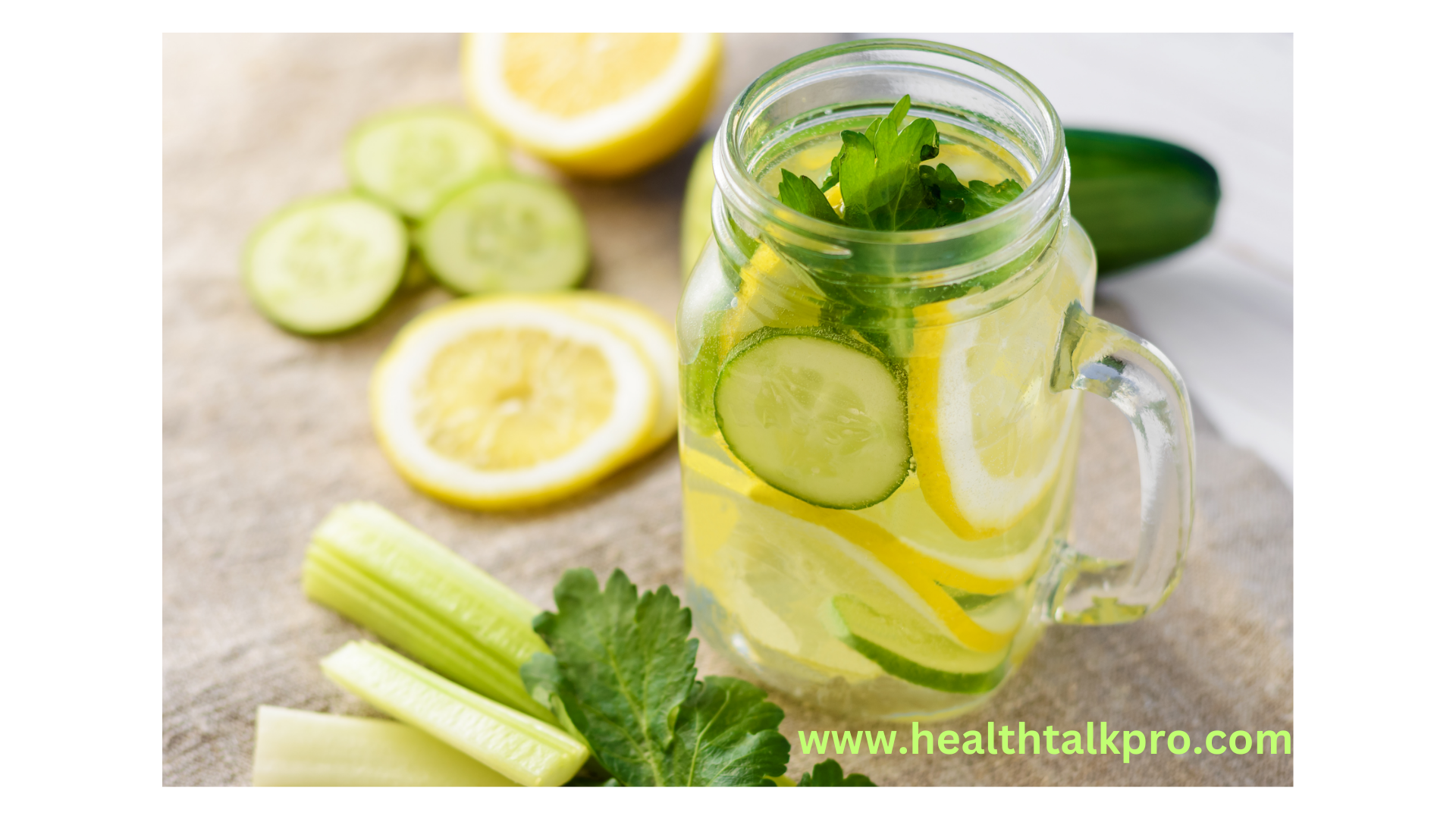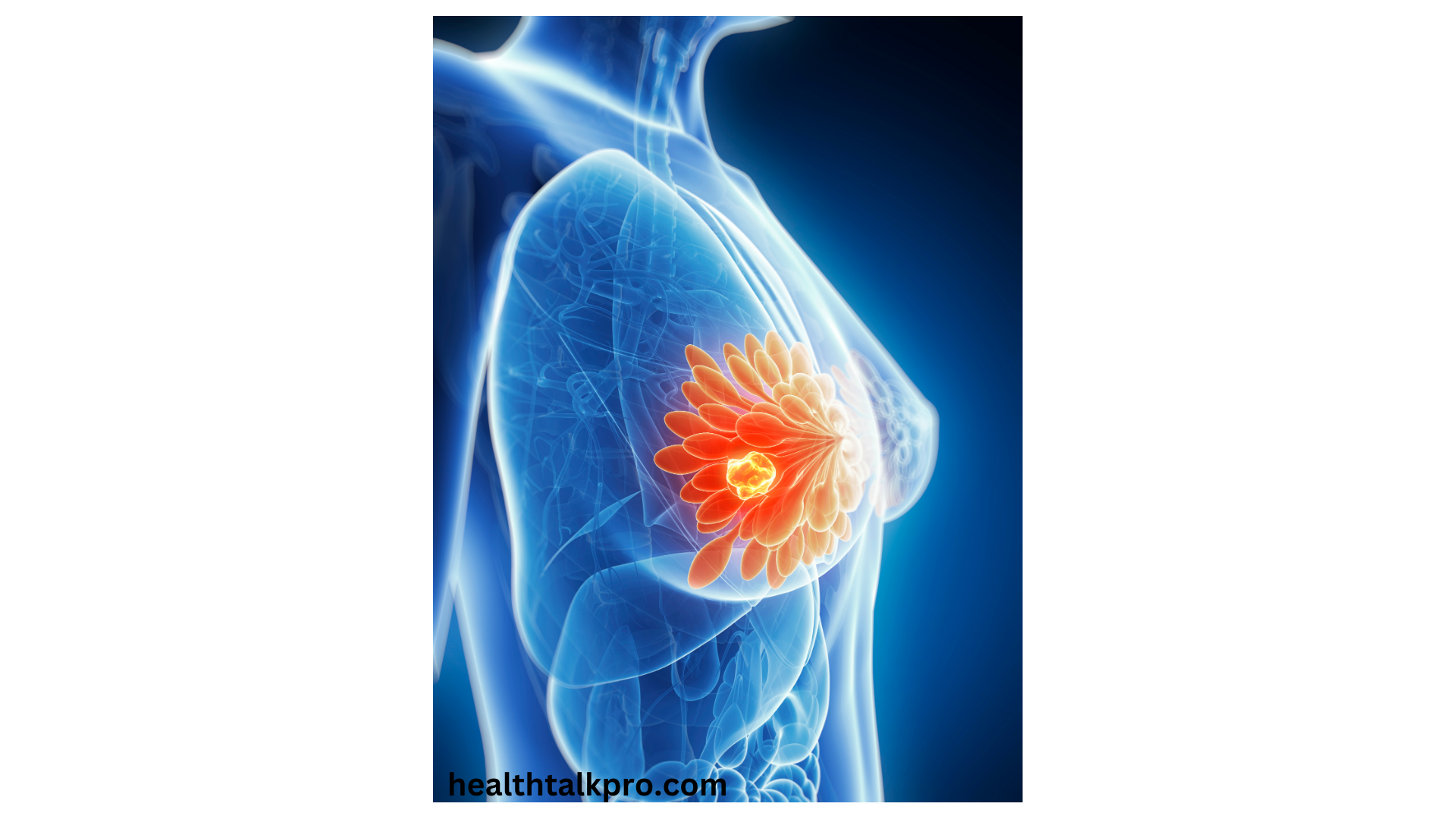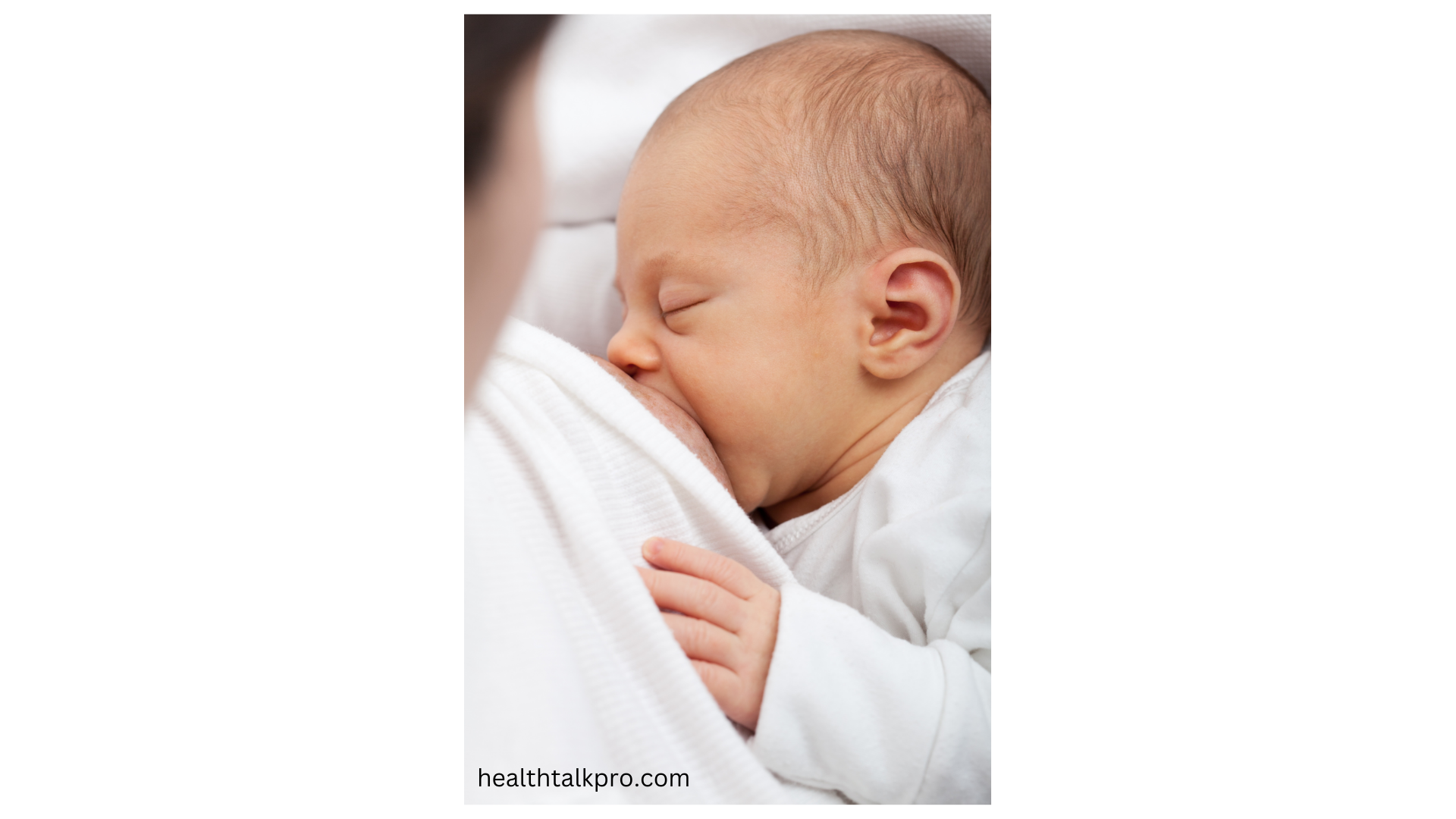High Blood Pressure (Hypertension)
High blood pressure, also known as hypertension, is a condition in which your blood pressure levels are higher than normal and their high proportion affects your health. It is a serious health problem that can cause many problems due to modern lifestyle, such as heart disease, heart attack, or many other problems. Here we will provide you detailed information about the measures to prevent and control high blood pressure.
Hypertension: An Overview
Normal blood pressure. Blood pressure is 120/80 mmHg.
Early hypertension:- The top number is between 120 to 129 mmHg and the bottom number is 80 mmHg. No medical treatment is needed in the early stages, it can be prevented by making lifestyle changes.
Stage 1 hypertension. The top number is between 130 and 139 mmHg or the bottom number is between 80 and 89 mmHg.
Stage 2 hypertension. The top number is 140 mm Hg or higher or the bottom number is 90 mm Hg or higher.
Stay healthy, consult a doctor, and monitor your blood pressure.
Causes of hypertension
1. Other health problems: Diabetes, obesity, high cholesterol, and thyroid problems can cause hypertension.
2. Irregular diet: High salt and oil intake, low-nutritional diets, and high-calorie foods can also contribute to hypertension.
3. Alcohol and smoking: High alcohol and smoking can also cause high blood pressure.
4. Lifestyle: High stress, engaging in distractions and unnecessary activities, and little sleep can also increase hypertension.
Symptoms of hypertension
– Headaches or dizziness
– Fainting
– Difficulty breathing
– Increased heart rate
– Hearing loss
– Fatigue or low energy level
Tips to prevent hypertension:
1. Regular exercise: Regular exercise helps keep blood pressure under control. Do at least 150 minutes of moderate intensity activity or 75 minutes of high intensity activity per week. Yoga, meditation, swimming, walking or any form of exercise may be suitable.
2. Healthy diet: Eating a healthy diet with less salt and less oil helps to lower blood pressure. Eat more fruits, vegetables, cereals, ginger, garlic, and green leaves.
3. Stable weight: Weight loss is advisable for overweight individuals.
Make sure your weight is balanced and your diet has all the energy, nutrients and proteins your body needs.
4. Regular meditation: Practice meditation to control stress. Yoga and pranayama can also help you stay focused and away from anxiety.
5. Quit addiction: Reduce or completely stop the consumption of cigarettes, tobacco and alcohol. These are considered to be the main causes of high blood pressure.
6. Regular checkups: It is very important to get your blood pressure checked regularly. This lets you know if your blood pressure is normal or not.
7. Home monitoring: Monitor blood pressure regularly using a blood pressure monitor at home and share the records with the doctor.
Treatment of hypertension:
It is important that hypertension is treated according to individual needs. A qualified healthcare provider should be consulted before starting any treatment.
Treatment of hypertension is mainly done in two ways: lifestyle changes and medication. Lifestyle modifications are recommended first to manage hypertension. If blood pressure does not come under control despite lifestyle changes, then medications are used.
Lifestyle changes
1. Balanced diet: Following a balanced diet is important in controlling hypertension. Avoiding processed foods, consuming foods with less salt and less oil, consuming green vegetables, fruits, ginger, garlic, cereals, and other nutritious foods.
2. Weight control: Being overweight is a major cause of high blood pressure. Losing weight if you are overweight helps bring blood pressure to normal levels.
3. Physical activity: Regular exercise, such as brisk walking, jogging, swimming, etc. can be helpful in lowering blood pressure.
4. Stress management: Controlling stress can also help reduce high blood pressure. Meditation, yoga, meditation, and relaxation techniques can help reduce stress.
5. Smoking and alcohol consumption: Quitting smoking and reducing alcohol consumption is also helpful in lowering blood pressure.
6. Regular checkups: It is very important to visit a doctor regularly to get your blood pressure checked. This lets you know whether your blood pressure is normal or not, and monitors the progress of your treatment.
Medications
Before taking any type of medicine for the treatment of high blood pressure, it is important to consult a qualified doctor. Because the treatment plan is prepared according to the individual health condition. Visit your doctor for regular checkups and get your treatment updated permanently.
The treatment of hypertension depends on the individual’s condition, concentration and other related health problems. Here are some treatment options:
1. Diuretics: These medicines lower blood pressure by flushing out excess salt and water from the body.
2. Beta blockers: These medicines reduce blood pressure by reducing the rate at which blood pressure decreases.
3. Angiotensin-converting enzyme (ACE) inhibitors: These drugs help relax blood vessels, thereby lowering blood pressure.
4. Calcium channel blockers: These are used to relax the muscles of blood vessels, thereby lowering blood pressure.
5. Angiotensin II circulatory blockers (ARBs): These drugs also relax blood vessels and help them to expand.
Here are usually the old remedies to improve high blood pressure, but it is important to always consult a doctor. They will suggest the most suitable remedy according to your condition. Through this blog post, we have provided information about high blood pressure, along with its prevention and treatment measures described in detail. If you or any of your family members feel the symptoms of high blood pressure, please contact your nearest doctor and seek advice for treatment. If your blood pressure is outside the normal range, follow the doctor’s suggestions and adopt a healthy lifestyle.





